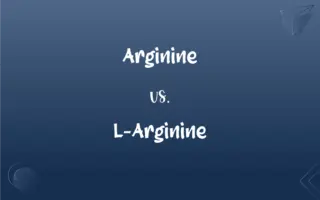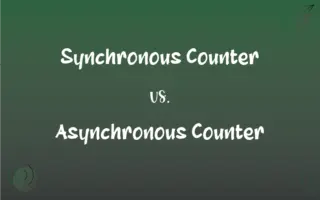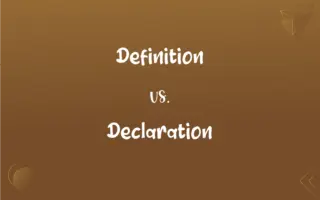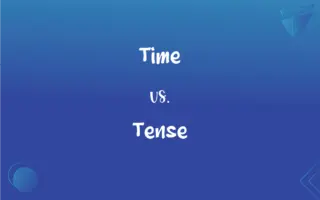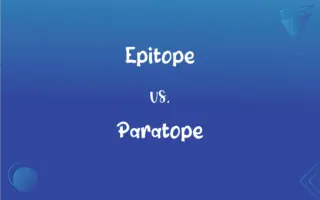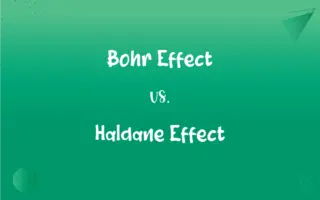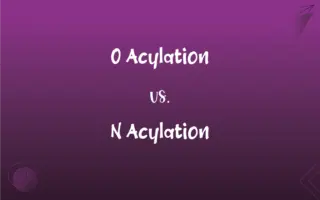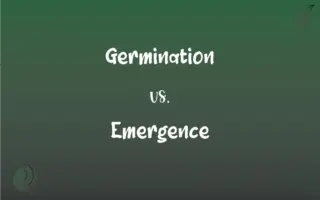Lisp vs. Stammer: What's the Difference?
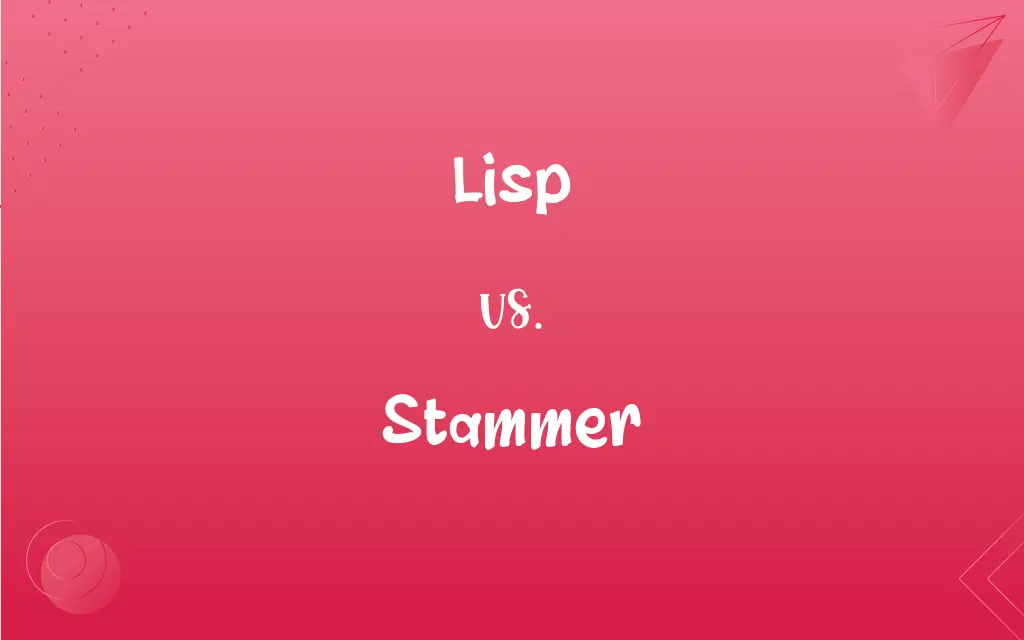
Lisp and Stammer Definitions
Lisp
One of the first high-level programming languages, designed to handle complex data structures. It is widely used in artificial intelligence research.
Stammer
To speak with involuntary pauses or repetitions.
Lisp
A speech defect or mannerism characterized by mispronunciation of the sounds (s) and (z) as (th) and (th).
Stammer
To utter with involuntary pauses or repetitions.
Lisp
A sound of or like a lisp
"The carpenter['s] ... plane whistles its wild ascending lisp" (Walt Whitman).
ADVERTISEMENT
Stammer
A way of speaking characterized by involuntary pauses or repetitions.
Lisp
To speak with a lisp.
Stammer
(intransitive) To keep repeating a particular sound involuntarily during speech.
Lisp
To speak imperfectly, as a child does.
Stammer
(transitive) To utter with a stammer, or with timid hesitancy.
ADVERTISEMENT
Lisp
To pronounce with a lisp.
Stammer
The involuntary repetition of a sound in speech.
Lisp
The habit or an act of lisping.
He used to have a terrible lisp before going to a speech therapist.
It's common for children to speak with a lisp.
Stammer
A speech defect whereby someone speaks with a stammer
Lisp
To pronounce the consonant ‘s’ imperfectly; to give ‘s’ and ‘z’ the sounds of ‘th’ (lang=en). This is a speech impediment common among children.
Until the age of 10, Dominic would lisp, but this was fixed by a speech therapist.
Stammer
To make involuntary stops in uttering syllables or words; to hesitate or falter in speaking; to speak with stops and difficulty; to stutter.
I would thou couldst stammer, that thou mightest pour this concealed man out of thy mouth, as wine comes out of a narrow-mouthed bottle, either too much at once, or none at all.
Lisp
To speak with imperfect articulation; to mispronounce, such as a child learning to talk.
Stammer
To utter or pronounce with hesitation or imperfectly; - sometimes with out.
Lisp
(archaic) To speak hesitatingly and with a low voice, as if afraid.
Stammer
Defective utterance, or involuntary interruption of utterance; a stutter.
Lisp
(archaic) to express by the use of simple, childlike language.
Stammer
A speech disorder involving hesitations and involuntary repetitions of certain sounds
Lisp
(archaic) To speak with reserve or concealment; to utter timidly or confidentially.
To lisp treason
Stammer
Speak haltingly;
The speaker faltered when he saw his opponent enter the room
Lisp
To pronounce the sibilant letter s imperfectly; to give s and z the sound of th; - a defect common among children.
Lisp
To speak with imperfect articulation; to mispronounce, as a child learning to talk.
As yet a child, nor yet a fool to fame,I lisped in numbers, for the numbers came.
Lisp
To speak hesitatingly with a low voice, as if afraid.
Lest when my lisping, guilty tongue should halt.
Lisp
To pronounce with a lisp.
Lisp
To utter with imperfect articulation; to express with words pronounced imperfectly or indistinctly, as a child speaks; hence, to express by the use of simple, childlike language.
To speak unto them after their own capacity, and to lisp the words unto them according as the babes and children of that age might sound them again.
Lisp
To speak with reserve or concealment; to utter timidly or confidentially; as, to lisp treason.
Lisp
A high-level computer programming language in which statements and data are in the form of lists, enclosed in parentheses; - used especially for rapid development of prototype programs in artificial intelligence applications .
Lisp
A speech defect that involves pronouncing s like voiceless th and z like voiced th
Lisp
A flexible procedure-oriented programing language that manipulates symbols in the form of lists
Lisp
Speak with a lisp

























